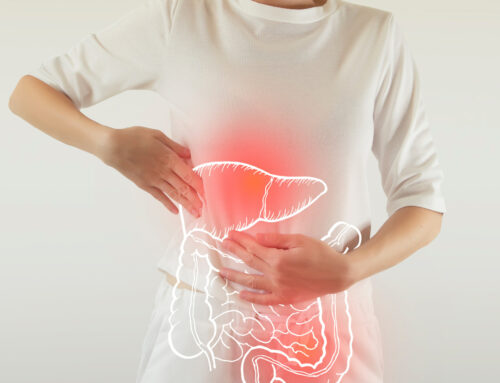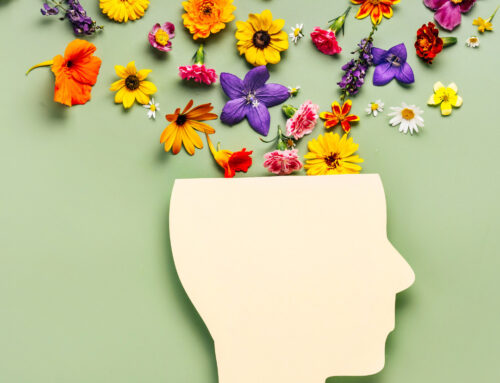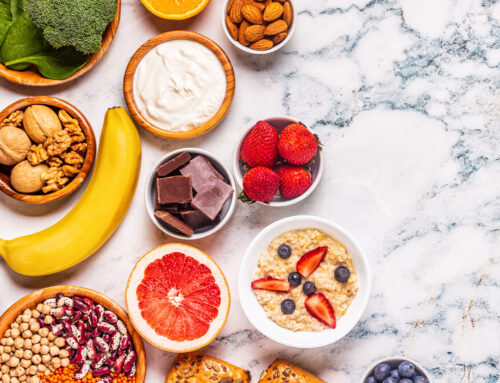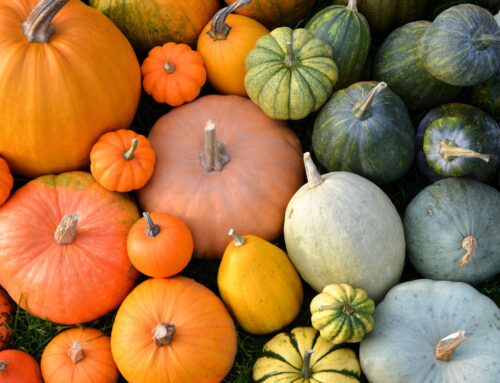Dr Sara Kendall Gordon L.Ac., DAOM is a specialist in Acupuncture, Oriental Medicine, Integrative and Functional Medicine, Nutritional Counseling, and various Body-Mind therapies. Her approach to care is personal, patient-centered and educational. As a Functional Medicine practitioner, she recognizes and treats the body as a network of inter-related, cooperative systems that continually interact with and affect each other. Her healing focus is on the whole person – their physical and medical condition, their lifestyle habits, their complex personalities, life-circumstances and more.
At Marin Optimal Health, patients are treated for chronic and acute immune and autoimmune disorders, pain and inflammation, thyroid conditions, hormonal imbalances, digestive ailments, flus, colds and more.
Dr. Sara Kendall Gordon has some tips for us on how to make food our medicine, and not our poison:
“Let food be thy medicine, and medicine be thy food.” Hippocrates, the Father of Modern Medicine
Today’s compromised food system, and the countless tasty, often toxic temptations made available almost everywhere you go, make it easy to fall into bad dietary habits. Eating well can be challenging. But it can be simple if you follow a few basic guidelines.
The food tips below can help you shop, plan, and eat more wisely.
The Good Stuff: Eat 100% organic, non-GMO, unprocessed food.
Vegetables should constitute 2/3 of your daily diet. Nutritious spring veggies include:
- Leafy greens that alkalinize your blood and are high in anti-oxidants and minerals. These include Bok choy, lettuce, chard, collard greens, micro sprouted greens, watercress, spinach, parsley, and cilantro.
- Colorful vegetables are rich in anti-oxidants. Think red, green, yellow, purple and orange – sweet peppers, carrots, and squash.
- Sulfur-rich cruciferous vegetables are highly nutritious. These include cabbage, broccoli, kale, Brussel sprouts and cauliflower. Be careful of these if you have Thyroid issues.
- Fermented vegetables are probiotic and good for the gut. These include sauerkraut, dill pickles, kimchee and briny olives.
The items below should constitute the last 1/3 of your daily diet.
Protein:
- Only eat pasture raised, grass-fed red meat or lamb.
- Only eat organically fed, free-range poultry and eggs.
- Fish, traditionally the healthiest meat choice is becoming a concern. Research online good quality sources of fish. Check out fish from the Atlantic coast, like Norwegian Cod.
- Farm raised fish are often fed non-organic grain, pork and poultry, antibiotics, various chemicals, and genetically modified ingredients.
Starchy carbohydrates like Grains and Beans:
- Eat organic non-glutinous grains like rice, quinoa, buckwheat and amaranth.
- Beans mixed with quinoa or other non-glutinous grains do not create a very efficient plant-based protein since it is high in starchy carbohydrates. Try adding spirulina to this mixture to raise the B-12 and amino acid content as well as a healthy protein powder mixture that you can add into dishes and soups.
Oils and Fats:
- Healthy oils and fats are good for your brain. Cook with Coconut Oil or Avocado Oil, which don’t degrade in heat.
- Uncooked Olive oil, nut and seed oils are an excellent way to increase your omega 3-6-9 and fight inflammation.
Fruits:
- Eat fresh fruits low on the glycemic index. A variety of berries are great! Fructose (sugar in fruit) has been found to raise cholesterol levels in recent research. (The cholesterol myth is busted; it’s not the fat, it’s the sugar!)
Simple Shopping Rules
- Remember, organic Non-GMO vegetables and fruits have a sticker with a number that begins with 9. So, when you shop for fruits and veggies, always check the sticker, and remember, “9 is fine.”
- GMO’s fruits and vegetables have a sticker with a number that begins with an 8. When you shop, just remember, “I hate 8.”
- Non-organic, non-GMO fruits and vegetables sprayed with pesticides have a sticker with a number that begins with 3 and 4. So, when you shop, just remember, “No more 3 and 4.”
- When you shop for foods besides fruits and veggies, bring your reading glasses. Read the labels. Research the chemicals and additives online to see if they’re safe, or harmful to the human body. Everything really is online. So, take the time and do the research. Check out the Environmental Working Group’s website for ingredients in your personal care products. Shop, eat and live like your health depends on it. It does.
Eating tips:
- Quality food is important as is quantity and regularity. Where quantity is concerned, find your Goldilocks zone. If you don’t eat enough dinner you may have difficulty sleeping due to low blood sugar. A light snack with some fat perhaps nut butter and fruit before bed can help.
- Too much food compromises your digestion, makes you lethargic, and turns your gut into a breeding ground for harmful bacteria. This increases your chances of reaching for sugary carbs and coffee for an energy boost.
- Regular meals keep your blood sugar balanced. This is good for your gut, your brain and your adrenals. Eat a healthy protein breakfast! If you need a snack between meals eat healthy proteins and vegetables. Or eat a small portion of organic fruits with some seed or nut butters or coconut milk. This keeps the blood sugar from spiking which leads to inflammation.
Minimize or eliminate the Bad Stuff from your diet –
- Non-Organic and GMO foods
- Prepared or processed foods in boxes and/or cans
- Factory-farmed meats, poultry and fish
- Dairy products, including goat and sheep
- Trans-fats, hydrogenated, or fractionated oils
- Fried foods, blackened foods, foods stir fried in canola, or soy oil (oils that have been genetically modified) or oils like olive oil that go rancid when exposed to high heat
- Gluten containing foods
- Sugar, sugary snacks, sugary fruit drinks and sodas
- All diet sodas (research recently shows these drinks lead to a higher incidence of strokes and dementia)
Good food is medicine, bad food is poison, and a healthy diet is essential care no doctor can provide for you. Your health will noticeably improve if you make the following dietary guidelines the basis of your food choices: Eat more good stuff. Eat less bad stuff. Don’t eat more than your gut can digest. Don’t skip meals. Recognize that every snack and every meal you eat either supports or compromises your health.





